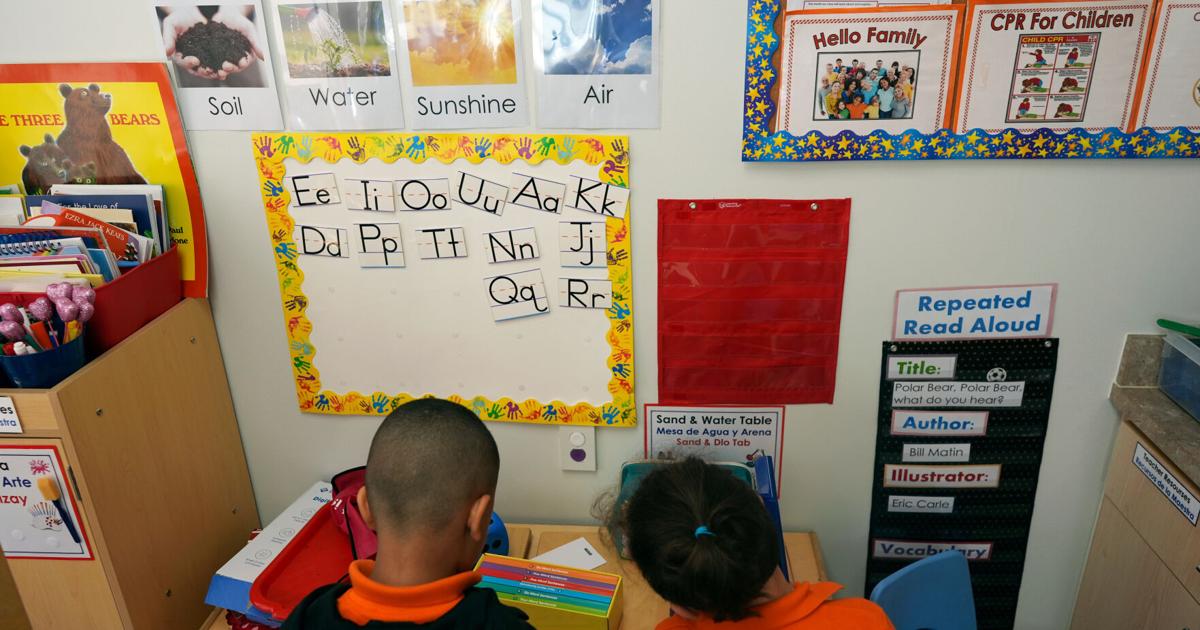Families Prepare for Ongoing Shortages in Head Start Services Despite Government Resumption


In a significant development for early childhood education, federal funding is set to be allocated to Head Start centers that faced substantial disruptions due to the recent government shutdown. This much-needed financial support, however, may not provide immediate relief, as many vulnerable families who depend on the program may experience additional delays before their children can return to preschool.
The Head Start program, a comprehensive early childhood education initiative that serves low-income families, was severely impacted when the government halted operations. The shutdown led to a suspension of federal payments, forcing many centers to make difficult decisions. Some had to furlough staff, while others were compelled to shut down entirely, creating uncertainty for thousands of families across the nation who rely on these essential services for their children’s development.
The ramifications of this financial disruption are profound. Early childhood education is critical for cognitive, social, and emotional development, and interruptions in access to these services can have long-lasting effects, particularly for children from disadvantaged backgrounds. Many Head Start centers reported that the shutdown left them unable to provide the necessary educational and social support that parents expect and that children need to thrive.
Despite the impending release of federal funds, Head Start operators have expressed concern that the bureaucratic processes required to disburse these payments may introduce further delays. “It could take several weeks or even months for these overdue payments to be processed,” cautioned one center director. The uncertainty is troubling, not only for the operational stability of these centers but also for the thousands of families left in limbo.
The urgency of this situation has drawn attention to the vital role that federal funding plays in maintaining early childhood education programs. Policymakers are now being called upon to ensure that such funding mechanisms are safeguarded against future disruptions. As the nation grapples with broader issues of government operations, the impact of these delays on families, particularly those in marginalized communities, highlights the essential nature of accessible education as a stepping stone towards equity and opportunity.
As the administration prepares to release these funds, the focus remains on adequately supporting over 1 million children served by Head Start across the country. The situation serves as a critical reminder of the importance of early education and the need for a stable, functional government to support these essential programs.





